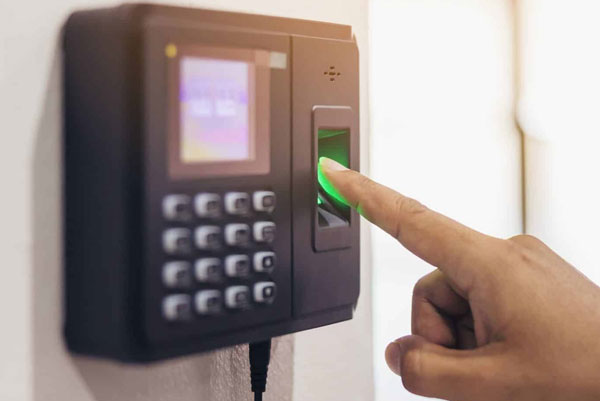
MUASA: Biometrics means we abandon online teaching
Kampala, Uganda | THE INDEPENDENT | Makerere University Academic Staff Association (MUASA) is opposing the proposed introduction of a biometric staff attendance management system at the university. This comes after the University Secretary, Yusuf Kiranda, informed all staff members and the University Council about the government’s decision to implement the Integrated Human Capital Management System (HCM) to automate Human Resource Management functions in the Public Service in an October 12th letter.
The University Council, during a special meeting held on March 9, 2023, decided to procure and deploy a biometric staff management system to enhance staff compliance with time and attendance requirements. This biometric system will be linked to the HCM attendance module. “During its 161st meeting held on 21st September 2023, the University Council clarified that the biometric attendance management system shall be a physical clock-in system across the University where each staff will have to clock in at their respective duty stations,” reads part of the letter
However, MUASA Chairman, Dr. Robert Kakuru, voiced his opposition to this development, arguing that some of the academic staff’s duties, such as teaching and research, are being digitized.
“We are hired to teach, do research, and do community service. Some of these functions are being digitized e.g. teaching online. Biometrics means we abandon online teaching because even at the University, many staff share offices, and they inconvenience each other while teaching online in their respective offices. Above all some donors such as the MasterCard Foundation have invested millions of dollars to support online teaching,” he said
He pointed out that the work of academic staff often extends beyond the typical 8 a.m. to 5 p.m. schedule mandated by the biometric system. “Sometimes we spend the whole night reading and examining dissertations, writing grants to meet the deadlines, and writing articles and books. So, should we also go to sign in at midnight when we are working? This can only demotivate staff,” he argued.
The strict sign-in and sign-out requirements could demotivate staff and fail to account for the flexible and often demanding nature of their work. Kakuru also raised concerns about the university’s inadequate remuneration for staff who work overtime.
“It is probably because the University Council and the University Management do not fully appreciate the mandated staff and the University. In any case, the University has very poor remuneration for staff who work overtime,” added Kakuru.
In response to these concerns, Kiranda clarified that staff members with official clearance to be away from their duty stations would not be required to clock in on the days they have permission to be absent. “Authorizations to be away from a duty station shall be within the approved University policies and procedures. To this end, the respective supervisors shall be assigned to clear the affected staff on the attendance management system,” reads part of the letter.
****
URN
 The Independent Uganda: You get the Truth we Pay the Price
The Independent Uganda: You get the Truth we Pay the Price





